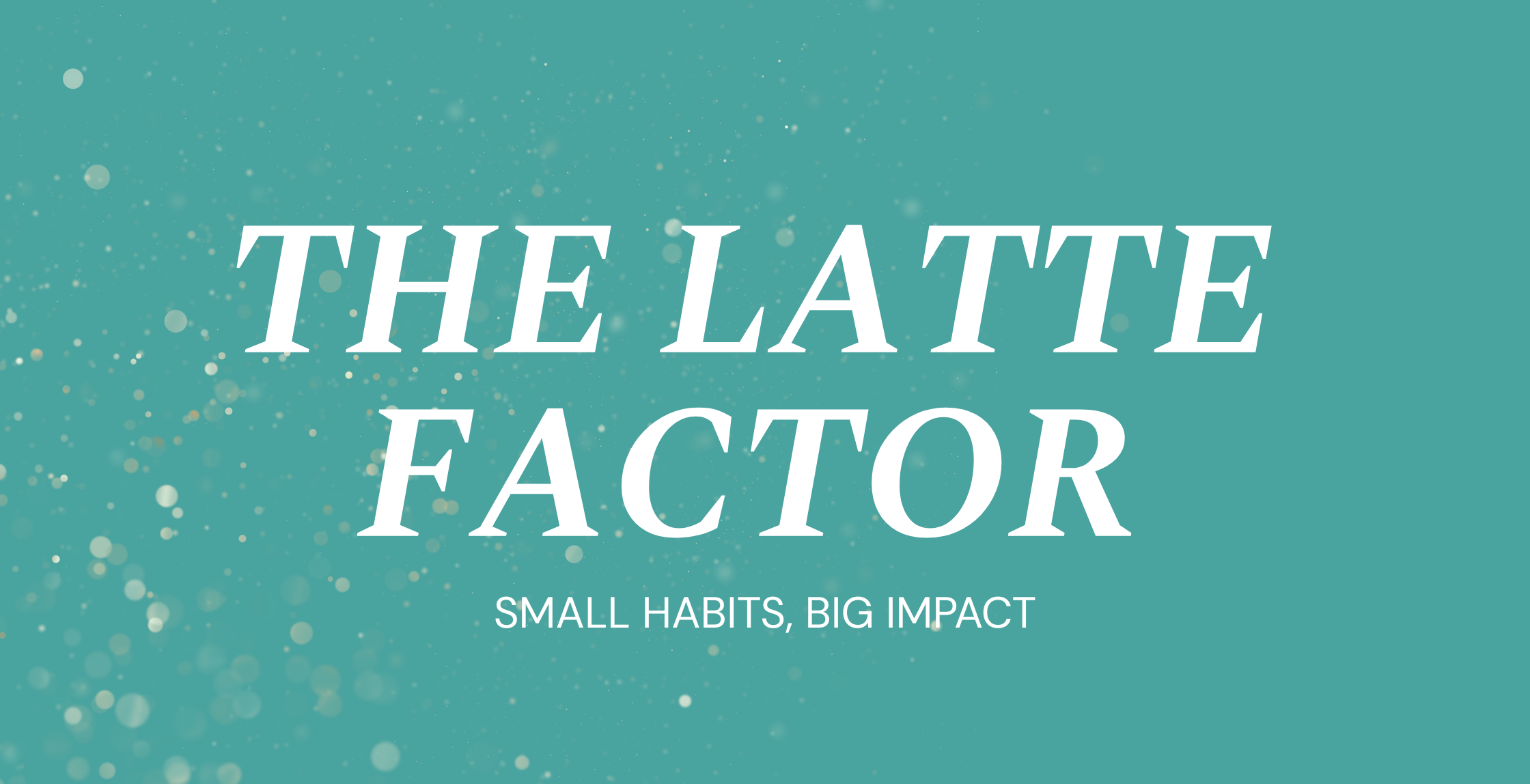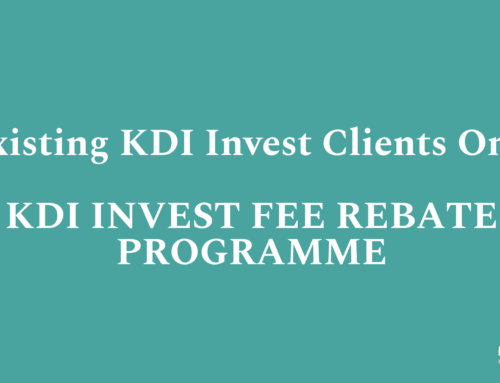The Latte Factor: Small Habits, Big Impact

In today’s fast-paced world, building wealth can feel out of reach like it’s only for high earners or finance pros. But the truth? It starts with small, consistent steps.
You might think your daily RM15 coffee habit is harmless. But what if that small luxury is quietly holding back your financial growth?
That’s where The Latte Factor comes in — a concept by author David Bach that highlights how small, routine expenses can drain your finances over time. Small spends feel harmless since they’re convenient, comforting, and quickly become habits.
What Is the Latte Factor? It’s Not About Guilt — It’s About Awareness
The Latte Factor refers to everyday spending that feels insignificant like coffee runs, snacks, impulse buys, or unused subscriptions. These small costs add up. For example, RM15 daily on coffee equals RM5,475 a year, which is enough for a short getaway or a solid emergency fund.
The power of this concept lies in shifting focus from big financial moves to everyday decisions. Once you spot these small leaks, you can redirect your money toward savings, investments, or meaningful goals.
Real-Life Examples: Are You Guilty?
Let’s look at common Latte Factor habits:
- Coffee Shop Habits: RM15/day = RM450/month = RM5,400/year.
- Dining Out: RM20 lunches, 4x/week = RM320/month = RM3,840/year.
- Subscription Services: Paying for 5 platforms but using 1? That’s hundreds wasted annually.
- 8.8 Online Sales: Moderate shopper spending RM100 per month = RM1,200/year
- Premium Ride-Hailing: RM20 rides, 3x/week = RM3,600/year just for extra comfort.
These don’t feel like much day-to-day, but they quietly eat into your future wealth.
The Psychology Behind the Latte Factor: Why We Overspend on Small Luxuries
Have you ever wondered why it’s so easy to swipe your card for small things, even when you’re trying to save?
It comes down to human behavior. We don’t perceive small purchases as threats to our wallets.
They’re comforting. They’re convenient. And over time, they become habits. This is known as habit formation in spending.
Often, these expenses are driven by emotion like stress, boredom, or even reward. It’s called emotional spending. You buy a fancy drink after a tough day because you “deserve it.
But what starts as an occasional treat can evolve into a lifestyle. This is where lifestyle inflation creeps in. As you earn more, you spend more, and your cost of living rises even if your standard of living doesn’t really improve.
When we choose convenience over cost again, we normalise it. And that’s when the Latte Factor becomes dangerous.
How to Identify Your Own Latte Factors and Take Control of Your Finances
So, how do you spot your own Latte Factors? Start with awareness.
Here’s a quick step-by-step to get started:
- Review Your Spending
Highlight anything that wasn’t necessary or didn’t add lasting value.
- Spot Habit
Frequent food deliveries, coffee runs, or impulse buys? Swap a few each week for homemade options.
- Smart Swaps
Home-brewing, meal prepping, or bundled subscriptions. Little swaps can make a big difference.
- Budget With Clear Goal
Try the 50-30-20 rule. 50% needs, 30% wants, 20% savings.
- Think Long
Term Set up auto-transfers to a savings or investment account Start building a healthier relationship with money.
The Long-Term Impact of Ignoring the Latte Factor on Wealth Accumulation
Let’s do the math. Saving RM15 daily in a high-yield cash management product like KDI Save (4.0% fixed* rate) could grow to:
- RM30,242 in 5 years
- RM66,945 in 10 years
That’s the magic of compound interest. Your money grows as long as you stay consistent. Ignoring the Latte Factor could mean working longer, living paycheck to paycheck, or falling short of your financial goals.
Visit https://digitalinvesting.com.my/ to learn more.



